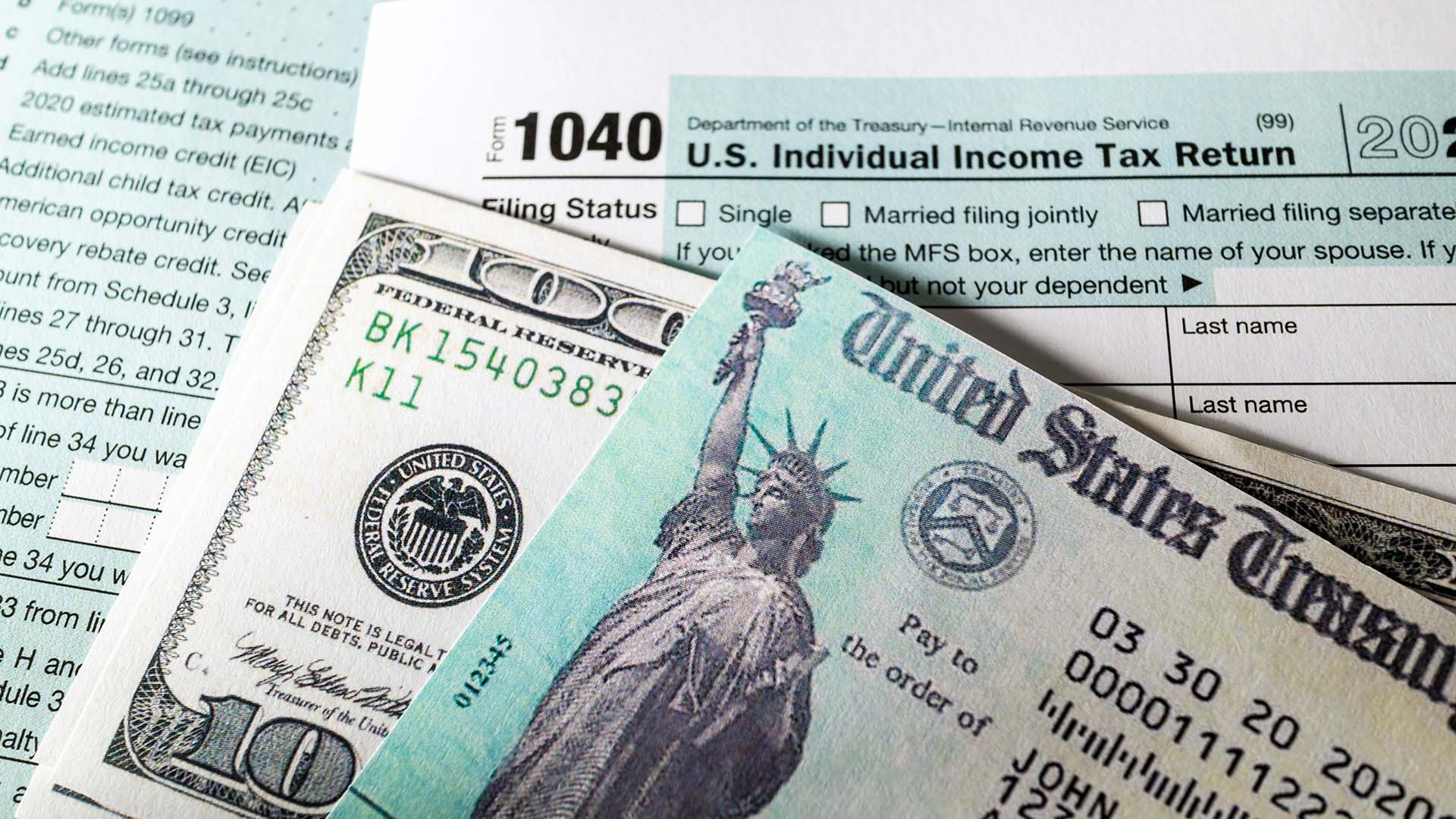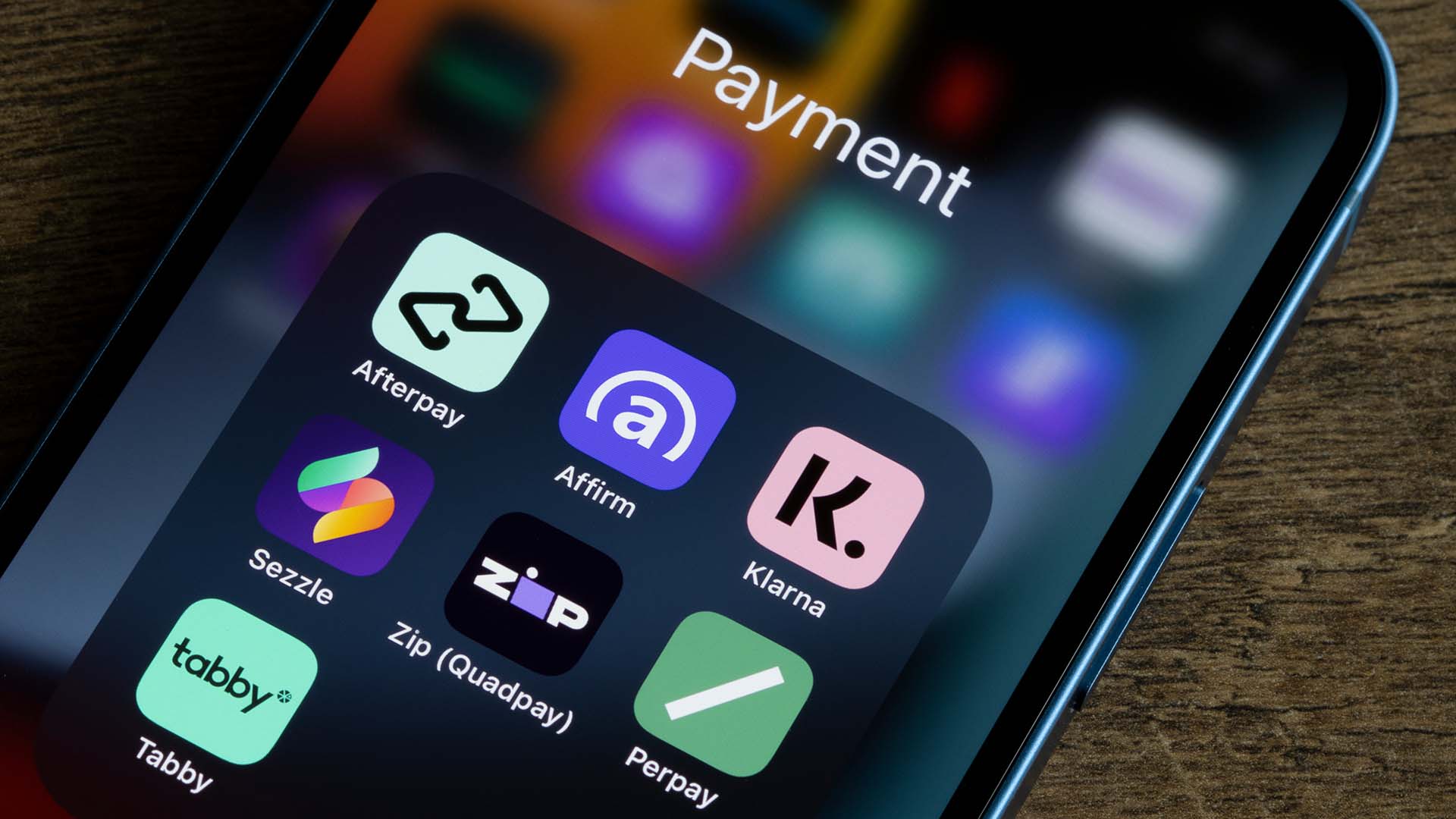Expecting a big tax refund? Here are tips to spend or save it wisely
Coloradans receive some of the highest refunds in the country. What to do with the annual windfall depends on your financial situation.

Two-thirds of American adults will soon see a sudden cash infusion from their tax refunds, not to mention state TABOR payments that will arrive later this spring.
And while most beneficiaries will be pleased to learn that the average tax refund is up by 4.3% this year, such windfalls can also lead to dilemmas and raise thorny questions.
But help is at hand. Gregory Clifton, JD, chair of the Department of Accounting at Metropolitan State University of Denver, offers some sound tips and sensible advice for handling these freshly minted funds.
Coloradans receive the 16th highest federal tax refund in the country and this year will also get an $800 TABOR refund, all of which equals a sizeable chunk of change. What should be people’s first consideration when deciding how to manage such a generous haul?
There’s no question that a tax windfall presents a great opportunity — for some people, a unique opportunity — to pay down debt, especially high-interest debt. But a good second priority would be to establish an emergency fund account, which can help to manage any unexpected expenses that may come up in the future.
More than a quarter of Americans plan to use their tax refund this year to increase their savings. What advice would you give on how to get the most from that money?
With interest rates currently higher than they have been, I’d say that money market accounts are a good place to keep your emergency funds and other after-tax savings. The advantage of such accounts is that they offer higher interest rates than a normal savings account but are still pretty safe.
RELATED: 6 tax tips for college students
Conversely, only 19% of people will use their refund money this year to pay down debt — the lowest percentage number in a decade. Why are Americans suddenly turning away from this option?
I suspect our strong economy is the culprit, which is both a blessing and a curse. The blessing is that unemployment is low and so people have more money to spend — and presumably more time to spend it, if they’re working from home. The curse is that inflation is high and so things cost more, leaving less available for saving.
For those who are planning to pay off their debts, what financial advice would you give?
I’d say target any credit card debt or personal loans first, since this kind of debt will generally cost you the most, especially if it compounds daily. And if you have multiple debts, think carefully about how you might approach tackling them.
For example: There’s something to be said for paying off the smallest balance first, so you’ll feel that sense of immediate accomplishment and instill some momentum towards becoming debt-free. My advice is to pick a strategy and then go after it.
Do you have any advice for those who are genuinely unsure what to do with their sudden windfall?
It depends on your current financial situation. If you are in the red, then fixing that issue should be your priority because eliminating debt is the most effective way to build wealth.
However, if you are in good financial health and simply can’t decide right now how you’d like to use the tax refund money, that’s fine — you don’t need to decide what to do with the money straight away. Instead, maybe consider an FDIC-insured, high-yield savings account initially, so your money will be safe and earning interest while you ponder your next move.
Many people get excited about their sizeable tax refund because it intrinsically feels like a gift. Can you explain why, from a financial perspective, it’s actually not something to celebrate?
It’s simple: All those people now getting substantial tax refunds are only doing so because they significantly overpaid their taxes over the past year, and that basically equates to giving an interest-free loan to the government. For my money, that is nothing to celebrate.
RELATED: New tax rules coming for those using mobile payment apps
What do you say to all the people who intentionally withhold too much money and, in essence, use their tax refunds as a forced savings plan?
First, I’d point out that it’s a very bad savings plan. I’d ask them to consider how that same money could have been earning them good interest all year in a savings or investment account. Or how, if finances were tight, they could have used a larger (and more accurate) salary check to cover day-to-day expenses.
Remember: A dollar in your hand today will always be much better than the promise of a dollar in the future. And if you’re serious about saving and building wealth, you should focus on developing a plan to save consistently throughout the whole year, not just at tax time.
If you had one piece of tax advice, what would it be?
You can easily adjust your tax withholdings to make sure you’ll get paid the right amount throughout the year, and then either get a much smaller refund — or even end up owing a tiny amount — when tax season arrives. This Tax Withholding Estimator can help estimate the income tax amount your employer should ideally withhold from your pay.
And one more thing: I would also encourage people to meet with their certified public accountant or financial planner, so they can get some professional help in implementing any of the strategies discussed above.






